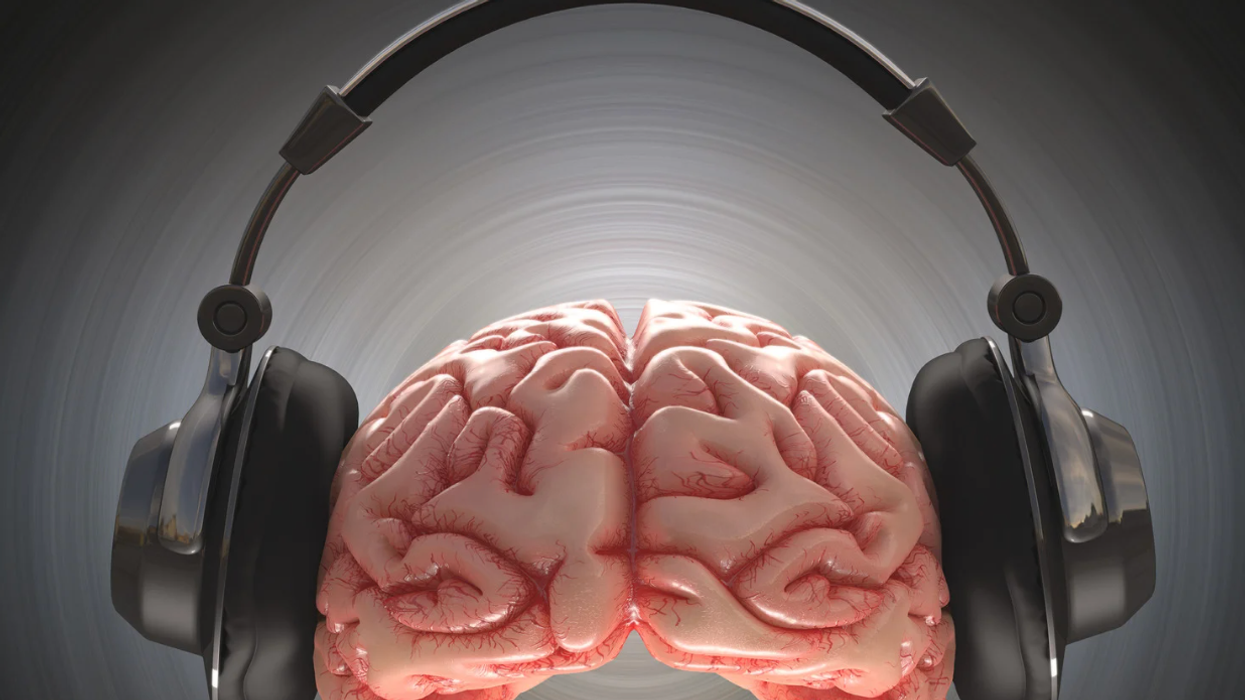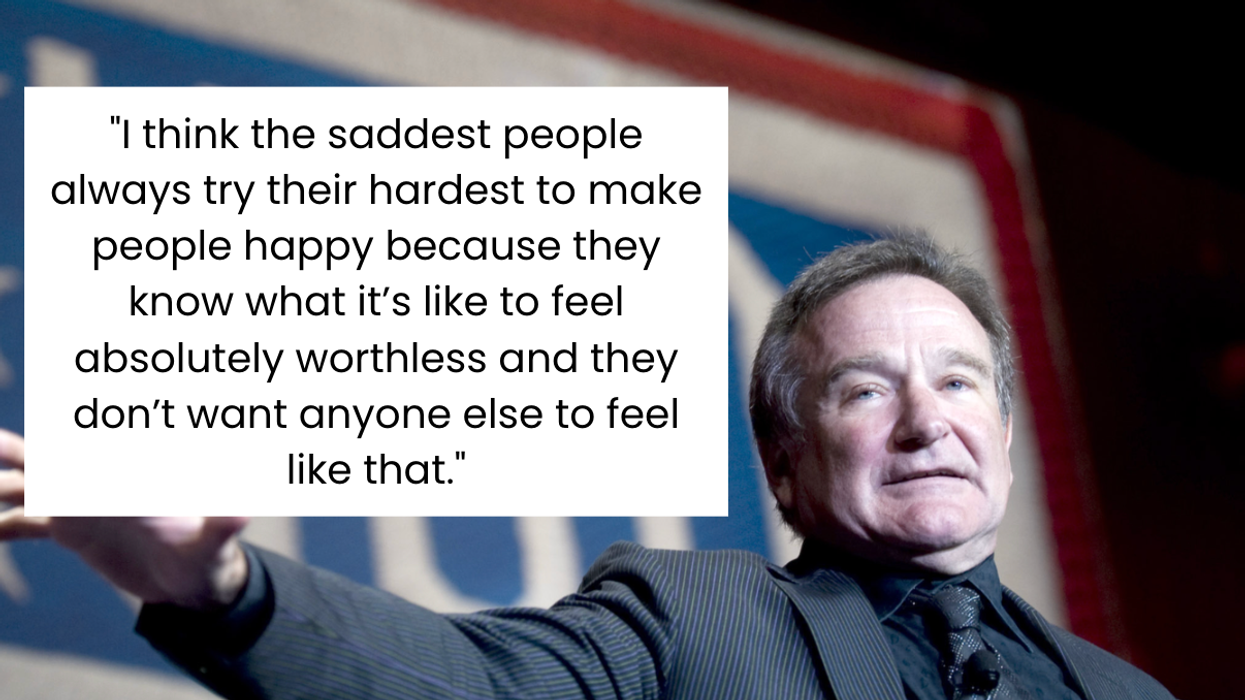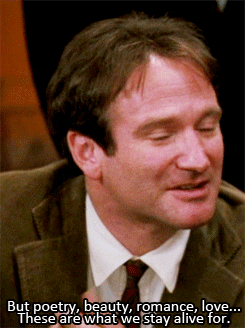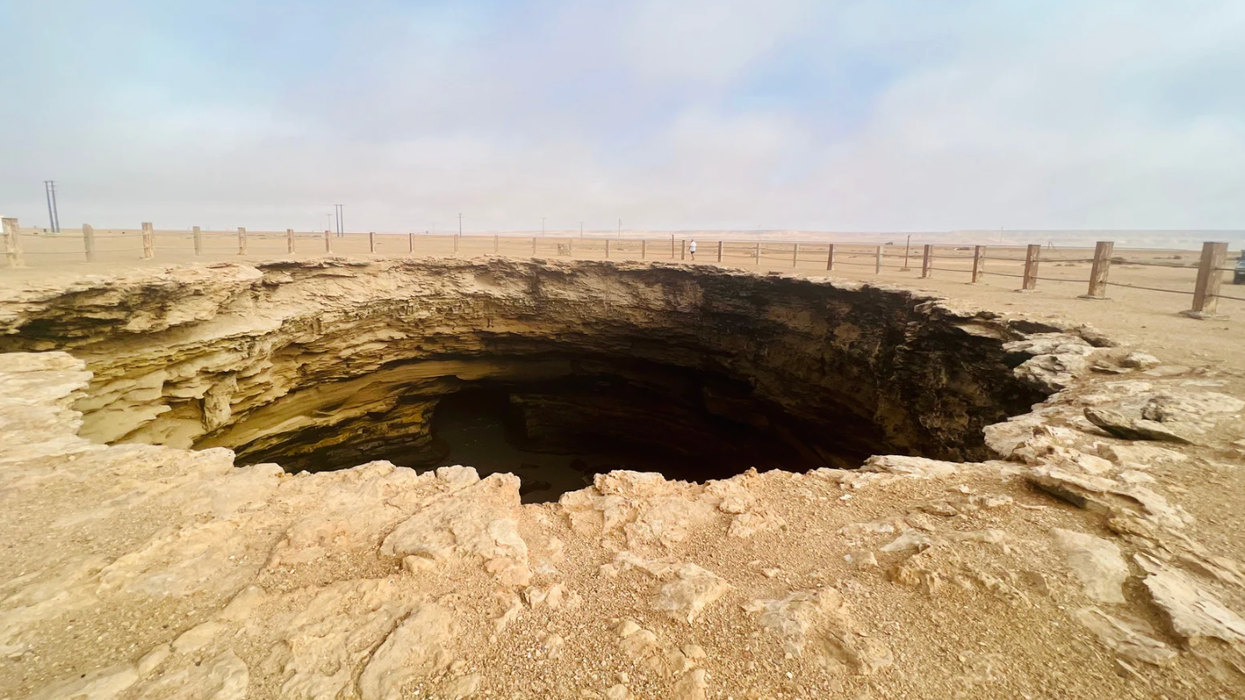One of baseball’s best players may also be its best person.
Six-time Major League Baseball All-Star Mike Trout of the Los Angeles Angels has been called “everything good about his sport” by The New York Times. Although he rakes in millions playing in “The O.C.,” he still makes his home in the small town of Millville, New Jersey, and is married to his high school sweetheart.
“What’s nice about it is Mike is such a good person,” Jim Quinn, the former mayor of Millville, told NBC Sports. “You get some of these superstar athletes that have attitudes and aren’t really genuine, but Mike is a genuinely nice guy.”
For example, after hearing a Philadelphia-area family lost their home in a house fire before Christmas 2015, Trout showed up at their house with an armful of Christmas presents. “Your house burns down, you don’t have anything for Christmas, and all these people are giving, giving, giving, then bam! Mike Trout comes,” Barbara DeSimone said. “It’s like Santa Claus arrived.”
But at a recent game in Denver, Colorado, against The Rockies, Trout proved that he’s a nice guy on the field as well.
In the third inning, Trout hit a broken-bat blooper into center field, and instead of hard-charging to first base, he took a moment to apologize to home-plate umpire Jerry Layne and Rockies catcher Chris Iannetta, though neither were injured on the play.
@MikeTrout 's broken bat hit an umpire and he stopped to apologize before running onto first base because that's the #midwesterner in him. https://t.co/4uuYAdcrmq
— Jess Magdefrau (@JessMagdefrau) May 9, 2018
The notoriously-grumpy Brooklyn Dodger manager Leo Durocher is said to have coined the phrase, “Nice guys finish last,” but that doesn’t hold true for Trout. The Angels are currently a half-game behind the Astros in the AL West, and Trout is second in the AL in home runs (12), tied for seventh in batting average (.331), and tied for 13th in RBI (25).


















 Robin Williams performs for military men and women as part of a United Service Organization (USO) show on board Camp Phoenix in December 2007
Robin Williams performs for military men and women as part of a United Service Organization (USO) show on board Camp Phoenix in December 2007 Gif of Robin Williams via
Gif of Robin Williams via 
 People on a beautiful hike.Photo credit:
People on a beautiful hike.Photo credit:  A healthy senior couple.Photo credit:
A healthy senior couple.Photo credit:  A diverse group of friends together.Photo credit:
A diverse group of friends together.Photo credit:  A doctor connects with a young boy.
A doctor connects with a young boy.  Self talk in front of the mirror.Photo credit:
Self talk in front of the mirror.Photo credit:  Lightbulb of ideas.Photo credit
Lightbulb of ideas.Photo credit 

 Superstructure of the Kola Superdeep Borehole, 2007
Superstructure of the Kola Superdeep Borehole, 2007 
